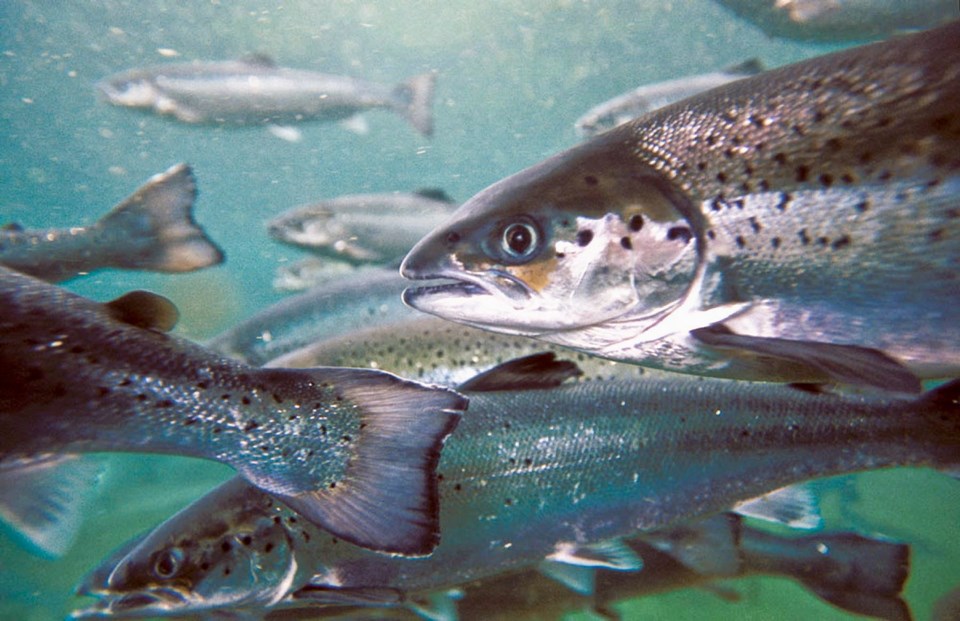My family fished commercially for generations. It was our family business. That ended when the wild fish stocks collapsed in the late 1980s.
With no fish to catch, my family lost its boats. Entering the family businesses wasn’t an option for me. So for 25 years I struggled to find good work on Vancouver Island to support my child and family.
I worked at whatever I could get, and had to leave for six years to work in Alberta’s oilpatch, a stressful experience that was hard on my family.
Finally, a year ago, I got a job farming salmon with Marine Harvest. I’m a farm technician — I feed and take care of the fish; run and take care of lines, nets and equipment; monitor the water.
The job is the best thing that could have happened for me and my family.
The work is good and steady, and I no longer live in fear it’s going to end when a project is complete. I have been given the opportunity to work in the most amazing environment, to stay home with my family, to be given fantastic work incentives and to thrive, work and live where I have called home my entire life.
A job in salmon farming changed everything for me.
I come from a long line of educated and intelligent women. I care deeply for the environment and all wildlife. If I thought for one second that fish farming was having a negative effect on the environment, I would walk away from this industry.
In fact, I strongly believe we play a key role in protecting those wild fish that are left, by supplying an alternative source of fish that doesn’t require us to hunt the wild ones. The only way the wild stocks can come back is if we farm enough to meet demand and relax the pressure on them from overfishing.
I am also one of the employees at the Swanson Island farm where “peaceful” protesters have set up camp.
These protesters are anything but peaceful. Along with my fellow employees, I have endured a constant barrage of yelled abuse and threats. One protester yelled at me while another in a balaclava covering their face filmed me. The narrative he was spewing was filled with foul language and intimidation.
While our employer did what they could to protect us from this, we could do nothing while the protesters urinated into the pens in full sight of us, dumped their own excrement into the water right beside the pens and flicked cigarette butts into the water.
While I understand they feel they have a relevant viewpoint and every right to express it, I don’t believe that we employees of Marine Harvest, or our fish, should have to deal with abuse.
It is frustrating to me that the media glorify what these protestors do, while ignoring the positive side of salmon farming and how we are feeding the world in a sustainable way.
This industry, directly and indirectly, employs more than 6,000 people in B.C. I am one of them.
Every single one of us believes fiercely in what we do. This industry supports our families. This industry has a huge future in B.C.
We are doing something important, and doing it responsibly.
I voted NDP in the last election, and sincerely hope our labour party does the right thing and protects an important employer in our little coastal communities.
Rebekah Norton is a resident of Merville and a salmon farmer at Marine Harvest.



